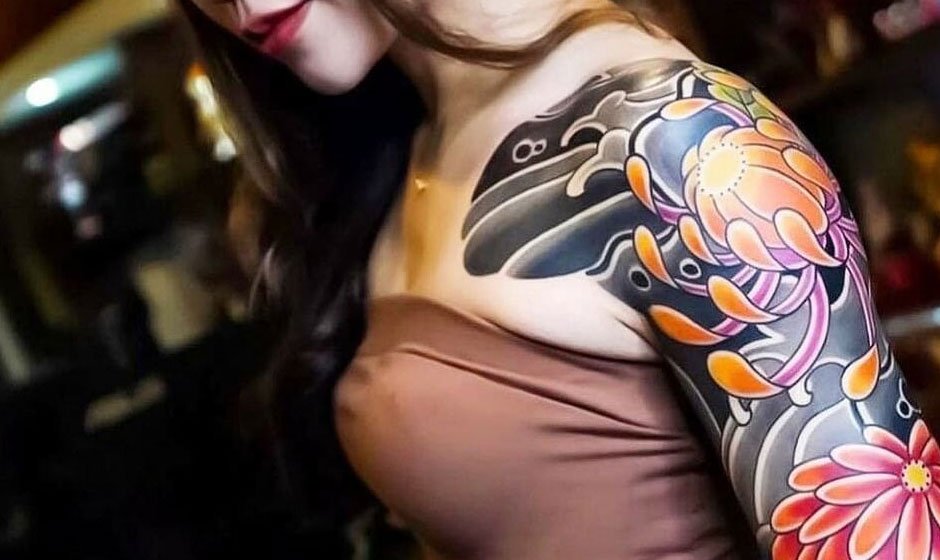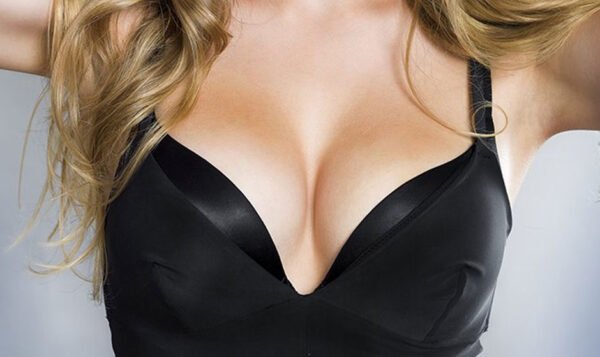The Best Japanese Bodysuit Tattoos In 2023

The Japanese suit tattoo is a language. It is a story captured in motifs built on the best Japanese bodysuit tattoo ideas. The tattoos are colourful masterpieces of a customised combination of Irezumi, characteristic of Japanese tattoos. The tattoo bodysuit covers the whole skin in different layouts, like clothing.
Japanese Suit Tattoo Latest Styles
Bodysuit ideas for Japanese tattooing revolve around deities, warriors, animals, and mythical creatures. They also feature Yokai, Plants, Symbolism, and historical individuals. The tattoo ideas fall under the following categories:
Japanese Deities
This type of bodysuit tattoo features motifs capturing the likeness of gods and goddesses that the Japanese revere. The tattoos also depict the activities of these gods and the antagonists they overcame.
One of the favourite choices of Japanese gods for body suit tattoos is Susanoo. He is the god of storms. Tattoos featuring him are graphics showing his banishment from the heavens and being taken in by an elderly couple. An eight-headed dragon, Yamata no Orochi, devoured most of the elderly couple’s daughters. The motifs capture Susanoo turning the remaining daughter into a comb he wore in his hair.
The legend describes how they set sake which the dragon drank. Susanoo slays the dragon with his sword called Totsuka no Tsurugi. He victoriously retrieved Kusanagi, another sword, from the dragon’s tail and bequeathed it to his aggrieved sister Amaterasu. He married the elderly couple’s daughter, and their many children became other gods and goddesses.
Japanese bodysuit tattoo enthusiasts still have more options in this category featuring Shinto deities, also called Kami. They portray other gods and goddesses such as Bishamonten, Chujo-hime, Saki Yama Hine, the Monkey King, Inari, and many more. These tattoo styles are symbols of reverence in the polytheistic Shinto religion.
Japanese Warriors or Heroes
The famous Samurai are actual human characters immortalised in folklore and Irezumi. People believed the heroes had extraordinary abilities, and many of their feats made them seem superhuman. They lived in various dynasties of Japanese civilisation. They included Tamatori-hime, Tomoe Gozen, Shoki, Watanabe no Tsuna, and Kintaro, among many others.
Kaosho Rochishin, the Flower Monk, is an example of a Japanese hero that features in the latest trends in bodysuit tattoos. He is one of the Suikoden heroes, identified by the flower tattoos that adorn his shoulders. The people remember him as a strength, justice, and loyalty symbol. He breaks full-grown trees in half while holding prayer beads. He appears bearing a giant mace which was his favourite weapon.
Animals
The animal-themed tattoos capture colourful drawings of fish in Kingyo, the goldfish, and Koumori for bats. There is Taka, the majestic falcon and hawk, and the famous Japanese carp depicted by Koi. Others are Kaeru, the frog; Heikegani, the Crab; and Choho, the Butterfly. The array captures an array of birds, reptiles, mammals, insects, and amphibians.
The Monkey King or Sungoku is probably the most famous tattoo example of a Japanese mythical character often considered a god. He is associated with rebellion, chaos, honour, shape-shifting, water, wind, magic, and strength. Engravings depicting him show his extraordinary strength, where he even carries mountains.
He remains revered in Buddhism and Taoism. They display his symbolism and escapades as a character with a man’s body and the face of a tamarind. He adorns a suit of armour and carries a staff with a golden band.
Symbolism
The tattoos in this category unravel and create riddles on different aspects of life. The well-known depictions of symbolic engravings include Maneki-neko, Hyottoko- a comical character, Vajra, and Namakubi.
The skull tattoo features in many contemporary societies. For the Japanese, when included in a bodysuit tattoo, it depicts death as the ultimate transformation of human beings. It symbolises change, death, life, and worship. In Japanese culture, it has a positive connotation; other cultures consider it a sign of malice. Combined with a snake, it symbolises protection from evil for the Japanese.
Conclusion
Artistry made up of any Japanese bodysuit tattoo captures the rich and mysterious culture of the Japanese. The elaborate and eye-catching engravings epitomise well-preserved Japanese symbolism, folklore, and history. This is passed to other generations and cultures through the deceptively simple yet detailed irezumi.



